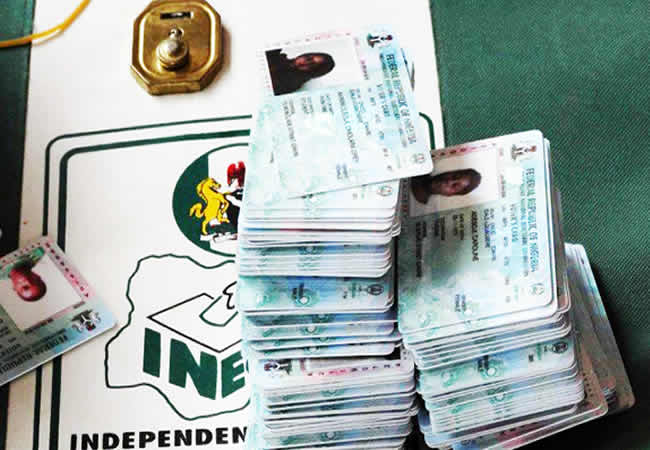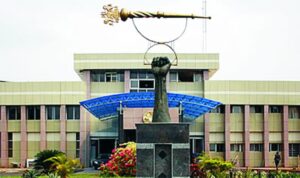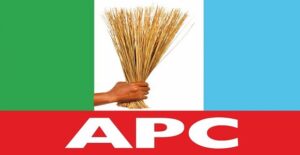
The Independent National Electoral Commission (INEC) is deliberating on a proposal to withdraw and destroy Permanent Voter Cards (PVCs) that have remained uncollected for a decade, citing concerns over the accumulation of unclaimed cards.
The recommendation, one of 208 proposals stemming from a review of the 2023 general elections, aims to address the backlog of unclaimed PVCs, which exceed six million. Many of these cards date back to 2015.
According to INEC, the retention of these unclaimed cards complicates the voter management system. Stakeholders suggested that PVCs issued in 2015 and still uncollected should be withdrawn, as it is unlikely they will ever be claimed.
INEC’s Past Efforts
INEC had made significant efforts to distribute PVCs ahead of the 2023 elections. PVC collection commenced on December 12, 2022, with the deadline extended twice—from January 22 to February 5, 2023. Despite devolution of collection to ward levels and the support of civil society organizations (CSOs) to ease the process, over six million PVCs remained uncollected.
Plans for Modernization
INEC also revealed plans to modernize Nigeria’s electoral process, including phasing out PVCs. The adoption of the Bimodal Voter Accreditation System (BVAS) reduces the need for physical voter cards. Instead, voters could be identified using computer-generated slips or biometric credentials. However, such changes would require amending Section 47(1) of the Electoral Act 2022, which mandates the presentation of PVCs before voting.
Political Parties React
Opinions are divided among political parties regarding the proposed destruction of uncollected PVCs:
Labour Party: The party supports the initiative, arguing it could declutter the voter register and address possible irregularities in the registration process.
Peoples Democratic Party (PDP): The PDP raised concerns, suggesting that destroying the PVCs could be a distraction and emphasizing that public distrust in INEC’s credibility contributed to the low collection rate.
New Nigeria People’s Party (NNPP): The NNPP criticized the plan, calling it a waste of resources and urging INEC to keep the cards in safekeeping to avoid unnecessary reissuance costs.
Legal Perspectives
Legal experts are also divided:
Support for INEC: Prof. Itse Sagay (SAN) and Sam Erugo (SAN) argued that destroying the uncollected PVCs is justified, as they likely result from double registrations or fraudulent entries.
Call for Awareness: Paul Obi (SAN) opposed the destruction, advocating for increased awareness campaigns to encourage collection instead of wasting resources.
The debate underscores the need for INEC to balance administrative efficiency with public confidence in the electoral process.






